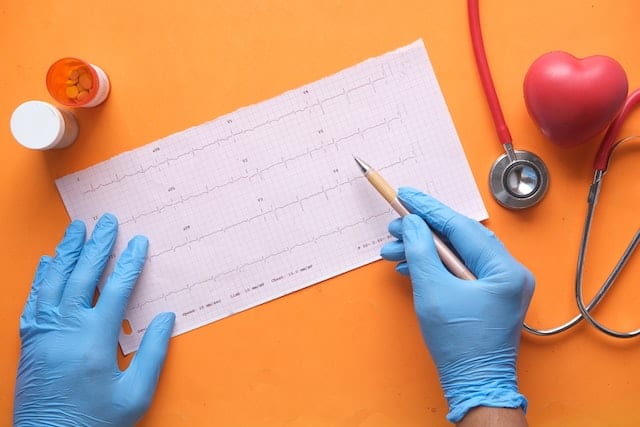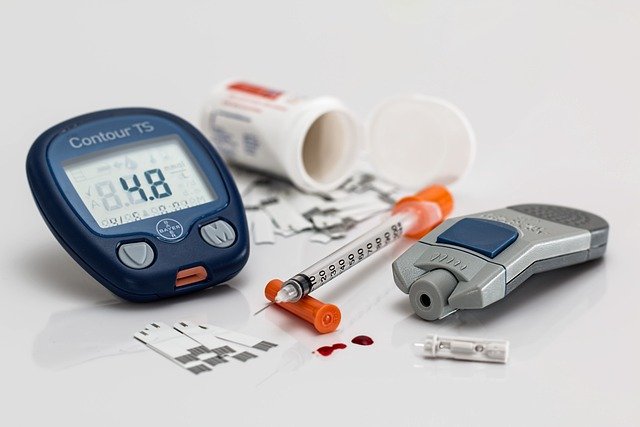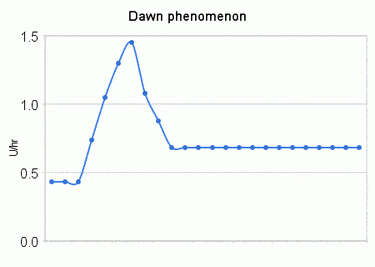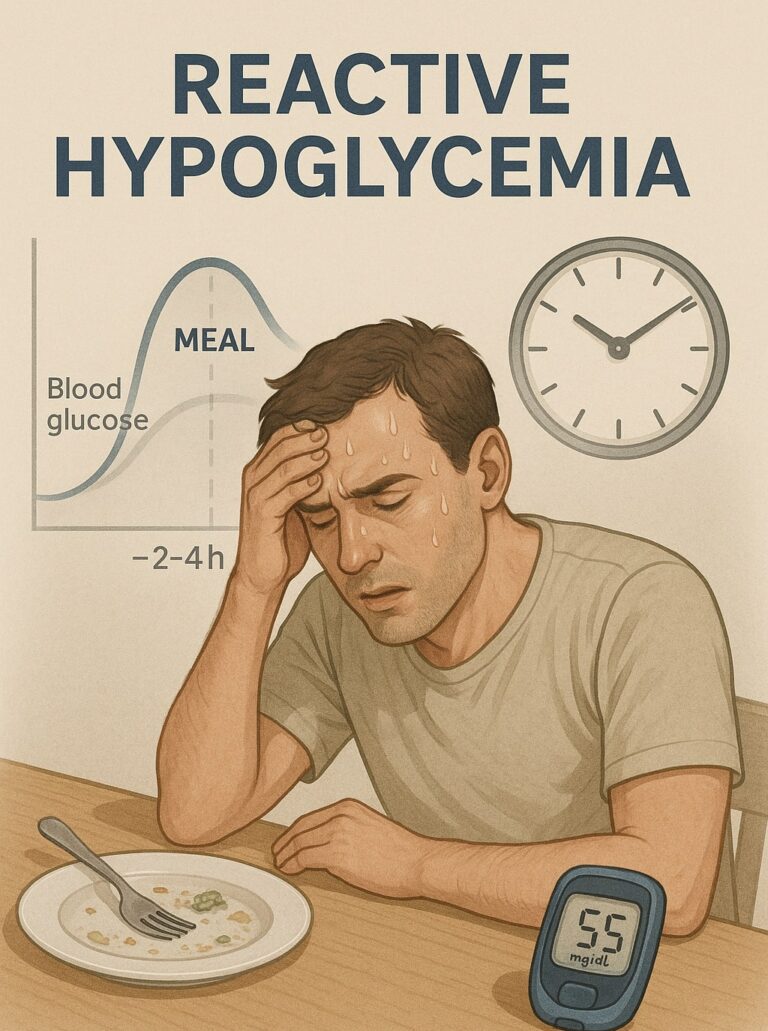Antidepressant Use Lowers Risk Advanced Diabetes Complications
Previously Published on Healio.com – Adults with diabetes and depression who take antidepressant medications as prescribed are less likely to develop serious diabetes complications or die compared with those not taking antidepressants regularly, data from Taiwan show.
“Antidepressants might carry cardiometabolic adverse effects; however, patients with depression also have higher risk for diabetes complications,” Shi-Heng Wang, PhD,assistant professor at China Medical University College of Public Health in Taichung, Taiwan, told Healio. “Our study demonstrated regular antidepressant treatment could attenuate the adverse effect of depression among patients with depression and diabetes mellitus.”
Regular antidepressant use may lower risk for advanced diabetes complications
People with diabetes face a higher risk for depression, which makes them more likely to die or develop diabetes complications, including cardiovascular and kidney disease, stroke, eye and foot problems, Wang and colleagues wrote in the Journal of Clinical Endocrinology & Metabolism. Antidepressants might attenuate the adverse effects of depression; however, they are associated with cardiometabolic adverse effects, the researchers wrote.
In a retrospective study, Wang and colleagues analyzed data from 36,276 adults with depression. And, while newly treated diabetes, using Taiwan’s universal health insurance database. Antidepressant treatment patterns within a 6-month window were classified into none, poor, partial and regular use. Researchers used Cox proportional hazards regression models. Furthermore, accounting for time-dependent variables with adjustment for time-dependent comorbidity and concomitant use of medications. Primary outcomes were macrovascular and microvascular complications and all-cause mortality. Researchers chose benzodiazepines as a negative control exposure.
Within the cohort, most patients with diabetes and depression were women (61.8%) and aged 45 to 64 years (55.62%). Mean follow-up duration was 5.3 years, excluding the first 6-month observation period. Overall, 9,670 patients developed macrovascular complications, 6,837 patients developed microvascular complications and 3,820 patients died.
Read the full article on Healio.com







